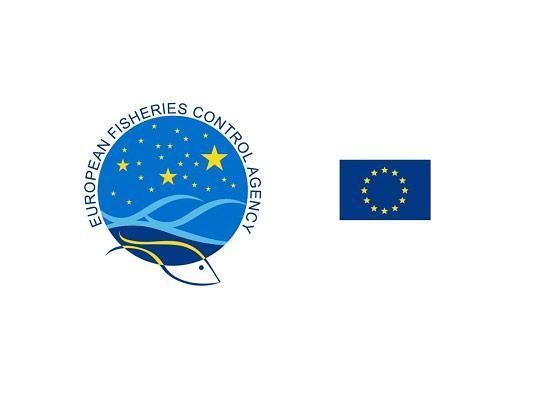The General Fisheries Commission for the Mediterranean (GFCM) has recently issued a recommendation regarding a multiannual management plan for turbot in the Black Sea (GFCM/41/2017/4).
In order to ensure compliance with the recommendation, a new pilot project has been launched to prepare the establishment of a voluntary observation and inspection programme before the end of 2019. The project will promote compliance and level playing field, in particular with regard to total allowed catches (TAC) and quotas regime, technical measures, closure periods, fishing effort limits and market related measures.
The pilot project starts this year and may continue in 2019. It will be implemented in cooperation between all authorities concerned. It includes the exchange of best practices for control and inspection of GFCM conservation and management provisions on turbot fisheries in the Black Sea, possible joint control and inspection operations and capacity building, in particular assessment of needs and implementation of trainers/inspection training.
"This pilot project is the first step in setting the foundations for cooperation on fisheries control in the region. Indeed, a GFCM Observation and control programme for the Black Sea will be very beneficial to guarantee the sustainability of the turbot fisheries in the region," said Pascal Savouret, EFCA Executive Director
The kick off meeting to launch the pilot project was recently hosted by the European Fisheries Control Agency (ECFA) with representatives from Bulgaria, Georgia, Romania, Turkey, Ukraine, the GFCM Secretariat and the European Commission.
Background
The General Fisheries Commission for the Mediterranean (GFCM) is a regional fisheries management organization (RFMO). The main objective of the GFCM is to ensure the conservation and the sustainable use, at the biological, social, economic and environmental level, of living marine resources as well as the sustainable development of aquaculture in the Mediterranean and in the Black Sea.
The European Fisheries Control Agency is a European Union agency specifically dedicated to the coordination of the control, monitoring and inspection activities of the Member States. It contributes to the effective and uniform application of the rules of the Common Fisheries Policy.

